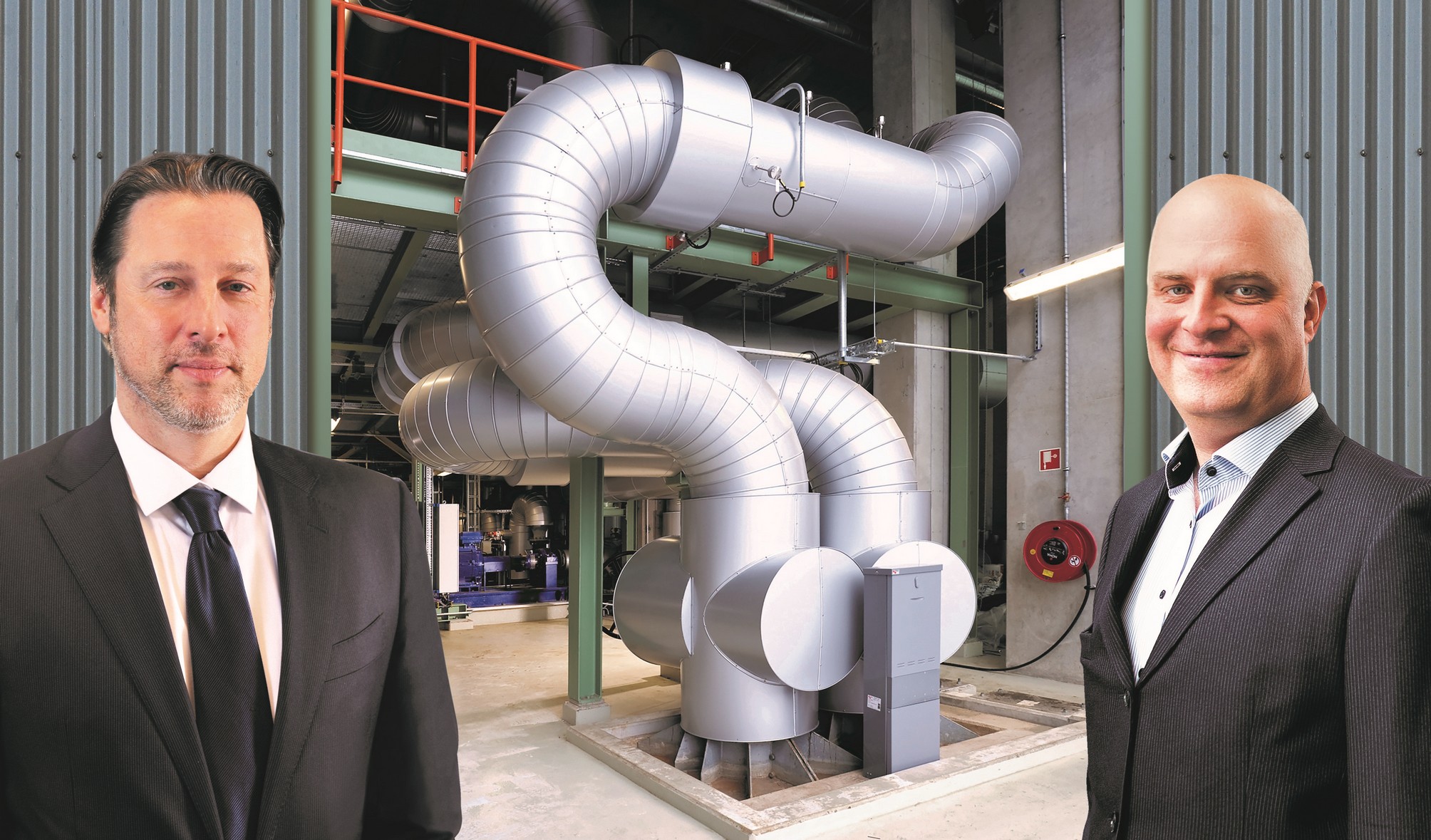Latest News
21 April 2020
Grolsch brewery almost free of gas by using heat from Twence
More sustainable operating processes save 3 million cubic metres of natural gas
Today Grolsch takes another major step towards becoming a CO2-neutral beer brewery by signing a heat supply contract with Twence. Twence is going to supply Grolsch with fully green heat. This will reduce CO2 emissions from Grolsch's natural gas by 72% (5,500 tonnes) per year from 2022 onwards. This is equal to the amount of CO2 emitted by 1800 households on average per year. The Grolsch brewery has been actively reducing its energy consumption and CO2 emissions for many years already. The heat supply from Twence fits in well with the ambition of having a fully CO2-neutral brewery by 2025 in which all the energy used is generated in a sustainable manner.
Promoting sustainability together
Targeted cooperation with partners is important to realising the regional energy transition.
With a heat supply from Twence to Grolsch, more energy can be made available to the brewery's industrial processes. It will be used to heat the pasteurizers and rinsing machines and to heat the buildings. This reduces both natural gas consumption and CO2 emissions. Grolsch already switched to 100% green electricity on 1 January 2020, reducing CO2 emissions by 6,700 tonnes.
Andrei Haret, General Manager Grolsch: “A few years ago we set ourselves the enormously challenging goal of having a fully CO2 neutral brewery by 2025. The collaboration with Twence is extremely intensive and our professionalism is mutually strengthening. As a result, in 2022 we will largely be able to fully transition from heat from our gas-fired boilers to heat from Twence that is generated entirely sustainably.”
Marc Kapteijn, CEO Twence: “Hot water from Twence can be used for industrial process heat and for heating buildings. We produce the heat from biomass, making it completely green. The fuel for Twence's biomass power plant consists of non-reusable waste wood, which is released during construction and renovation activities and the like. Together with Grolsch, we are contributing to a fully CO2-neutral environment and taking the next step in a more sustainable regional business model.”
The heat supply is realised in cooperation with the province of Overijssel and the municipality of Enschede. Commissioner Tijs de Bree greatly appreciates the joint approach. “The realisation of heat networks is not easy and requires a great deal of perseverance. Twence and Grolsch have shown the necessary willpower and are thus saving a huge amount of energy and CO2 emissions. A fantastic contribution to reducing natural gas consumption in Overijssel. Let this be an example for other companies with waste heat or heat demand. The industrial activity in Twente has great potential for exploiting waste heat. Instead of this waste heat being pointlessly discharged into the air, it is now given a useful and sustainable application.” Niels van den Berg, City of Enschede Councillor for Sustainability: “Of course, we warmly welcome this development. Two large, important partners who are joining forces on the road to a CO2-neutral future. By effectively utilising waste heat, they are contributing very efficiently to our climate goals. A beautiful result of which we in Enschede are naturally proud!”
Delivery and planning
The heat is supplied to Grolsch via an underground pipeline to be constructed. The technical challenges and routing study will be further specified in 2020. The aim is to start construction in 2021. By mid-2022, Grolsch will be able to make use of Twence heat.


